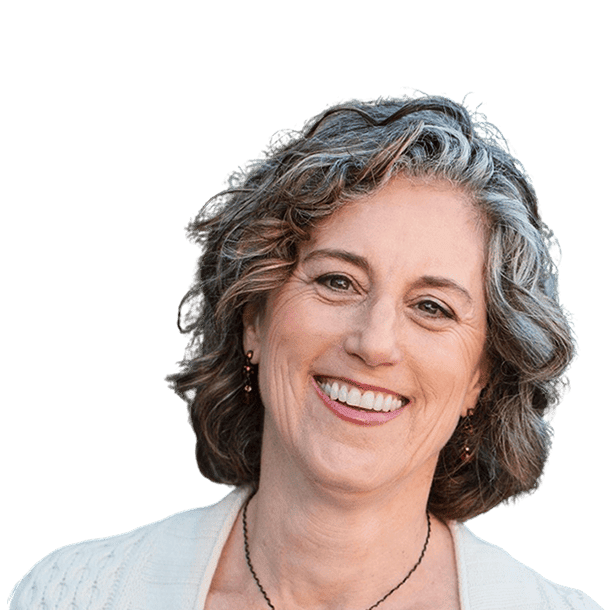From California-based tech giants Twitter and Meta to retailers such as Amazon and Walmart, few industries have been spared from layoffs in recent weeks. These layoffs are a devastating blow to workers' livelihoods. But the ripple effects run deeper than paychecks. When you lose your job, you also lose an identity.
I've spent the past three years speaking to over 100 workers — from kayak guides in Alaska to Wall Street bankers — about the relationship between work and identity. I've come to a simple conclusion: Tethering our self-worth to our work is a perilous game.
I once asked a Chilean guy I met at a hostel while traveling abroad what he did. "You mean for work?" he responded as if I had asked for the balance of his checking account. In the United States, how we make money is shorthand for who we are. Our livelihoods have become our lives.
For many Americans, "What do you do?" is becoming an increasingly difficult question to answer. Workers across the economy are learning firsthand the danger of conflating their identity with their job.
The pandemic highlighted the risks of a work-centric existence. Some grew disillusioned with their work. "COVID felt like an existential slap in the face," Audrey Wooster, who left a decadelong career in sales, told me. "I asked myself if I were going to die, will my stamp on this Earth be that I worked another tech job?" Others lost their jobs entirely, which raises the question: If work is your sole source of community, purpose and identity and you lose your job, what's left?
There are many explanations for how we got here. We could start with our country's foundation — when the Protestant work ethic and capitalism entwined to form our country's DNA. We could look at the precipitous decline of organized religion and social clubs that has left many Americans with fewer sources of identity and community beyond the workplace. Or we could point to the rise of LinkedIn and other platforms where we parade around our professional accomplishments for others' applause.
Much as investors benefit from diversifying their investments, we benefit from diversifying the sources of meaning and identity in our lives. Research confirms this. Those of us with greater "self-complexity" are more resilient in the face of change, as the stress from one aspect of our lives becomes less likely to spill over to the rest.
But knowing the value of separating who you are from what you do is not the same as actually doing so. I can't tell you how many people I spoke to who told me, "I don't know what I'd do if I wasn't working." It's a chicken-or-the-egg problem. People work all the time, so they don't know what they'd do if they weren't working. And because they don't know what to do if they aren't working, they work all the time.
Of all the people I interviewed, those with the healthiest relationship to work all had a keen sense of who they were when they weren't working. How you choose to spend your non-work time is up to you. Perhaps you sign up for a weekly ceramics class with a friend or commit to a regular tennis match with your brother. It may sound simple, but if you want to diversify your identity beyond your job, you must do things other than work. Watching Netflix doesn't count.
Active forms of leisure allow us to develop a sense of identity and self-worth beyond the economic value we produce. And ironically, research shows that people who have hobbies, interests and passions outside of work tend to be more productive workers too.
Each of us has multiple identities. A job might offer one, as might faith, family, a friend group or a hobby. To have only one reason for being is to balance on a narrow platform, vulnerable to a strong gust of wind. But when we are able to hold multiple senses of ourselves, we are able to stand with our feet spread and knees bent — far more stable, resilient and fuller versions of ourselves.
(COMMENT, BELOW)
Simone Stolzoff is the author of the recent book “The Good Enough Job: Reclaiming Life From Work.”
(TNS)


 Contact The Editor
Contact The Editor
 Articles By This Author
Articles By This Author